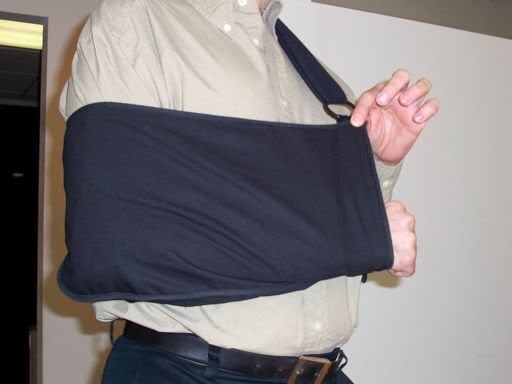Enervate
Word of the Day for Thursday April 21, 2005
enervate \EN-ur-vayt\, transitive verb:
1. To deprive of vigor, force, or strength; to render feeble; to weaken.
2. To reduce the moral or mental vigor of.
Main Entry: en·er·vate
Pronunciation: 'en-&r-"vAt
Function: transitive verb
Inflected Forms: -vat·ed; -vat·ing
1 obsolete : to cut the nerves or tendons of
2 : to lessen the vitality or strength of
1. To weaken or destroy the strength or vitality of: “the luxury which enervates and destroys nations” (Henry David Thoreau). See Synonyms at deplete.
2. Medicine. To remove a nerve or part of a nerve.
Beatriz de Ahumada soldiered on to produce nine more children, a tour of duty that left her enervated and worn.
--Cathleen Medwick, Teresa of Avila: The Progress of a Soul
In countries like India, Pakistan, Indonesia, Nigeria and Ghana I have always felt enervated by the slightest physical or mental exertion, whereas in the UK, France, Germany or the US I have always felt reinforced and stimulated by the temperate climate, not only during long stays, but even during brief travels.
--David S. Landes, The Wealth and Poverty of Nations
The tendency of abstract thought . . . to enervate the will is one of the real dangers of the highest education.
--Mark Pattison, Suggestions on Academical Organisation
The conquerors were enervated by luxury.
--Edward Gibbon, The Decline and Fall of the Roman Empire
Enervate is from the past participle of Latin enervare, "to remove the sinews from, to weaken," from e-, ex-, "out of, from" + nervus, "sinew."
==================================
To cut nerves, to render feeble- Martin had nerves and tendons cut rendering him feeble
Rendered weak by old age:
Weakened by poverty, hunger, and want, reduced of moral vigor:
Weight and force have lessened the structure of these objects:





<< Home